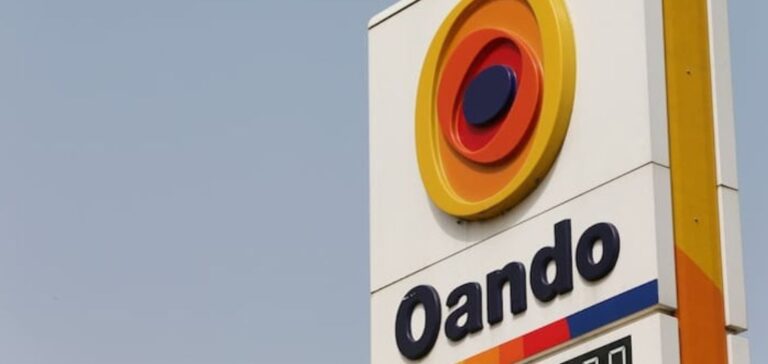In a bold move that is redefining the Nigerian energy landscape, Oando is close to finalizing the purchase of allEni ‘s upstream activities in Nigeria. This major acquisition, valued at around $500 million, is seen as a strategic pivot for Oando, which aims to double its current production to 50,000 barrels of oil equivalent per day (boe/d) in the short term, and increase it to 100,000 boe/d by the end of the decade.
Implications of the agreement
The agreement includes four producing oil blocks – OMLs 60, 61, 62 and 63 – which form a JV (joint venture) with the Brass terminal, onshore exploration concessions, and vital energy infrastructure. Eni currently holds a 20% operating stake in this JV, alongside Oando with 20% and the Nigerian National Petroleum Company (NNPC) with 60%. Post-acquisition, Oando’s stake in the JV will increase to 40%.
Growth and expansion strategy
Oando’s expansion strategy, as Operations Manager Alex Irune points out, is based on intensive drilling programs on marginal fields, notably Qua Iboe (OML 13) and Ebendo (OML 56).
“We plan to drill four to five wells on these two fields over the next 18 months, which will significantly increase our production capacity.”
These fields benefit from privileged access to export terminals, facilitating logistics and supporting rapid expansion.
Impact on the industry and responses to challenges
This development comes at a time when local companies, such as Seplat and a consortium led by Nigerian companies, are taking over the onshore assets of the international oil companies (IOCs) that are withdrawing from Africa’s mature basins. This shift towards less carbon-intensive projects and less risky offshore developments raises questions about the ability of these domestic companies to manage major assets and finance new drilling at a critical time for Nigeria’s oil sector.
Regulatory challenges and government approval
Government approvals for such transactions are essential and sometimes complex. Last July, NNPC reported that it had not yet given its approval for the Oando-Eni transaction, which is also backed by an $800 million loan from the African Export-Import Bank. This delay in approvals raises questions about the political will to allow such a transition, although the government generally seems to support this shift towards greater control by local companies.
Oando’s ambition to double and then quadruple production over the next few years could not only transform its own trajectory, but also revitalize Nigeria’s ailing oil industry. With legislative reforms, improved security, and proactive management, Oando is well positioned to make this transition and stimulate the local economy while reducing the incidence of theft and sabotage through greater involvement of indigenous stakeholders.






















